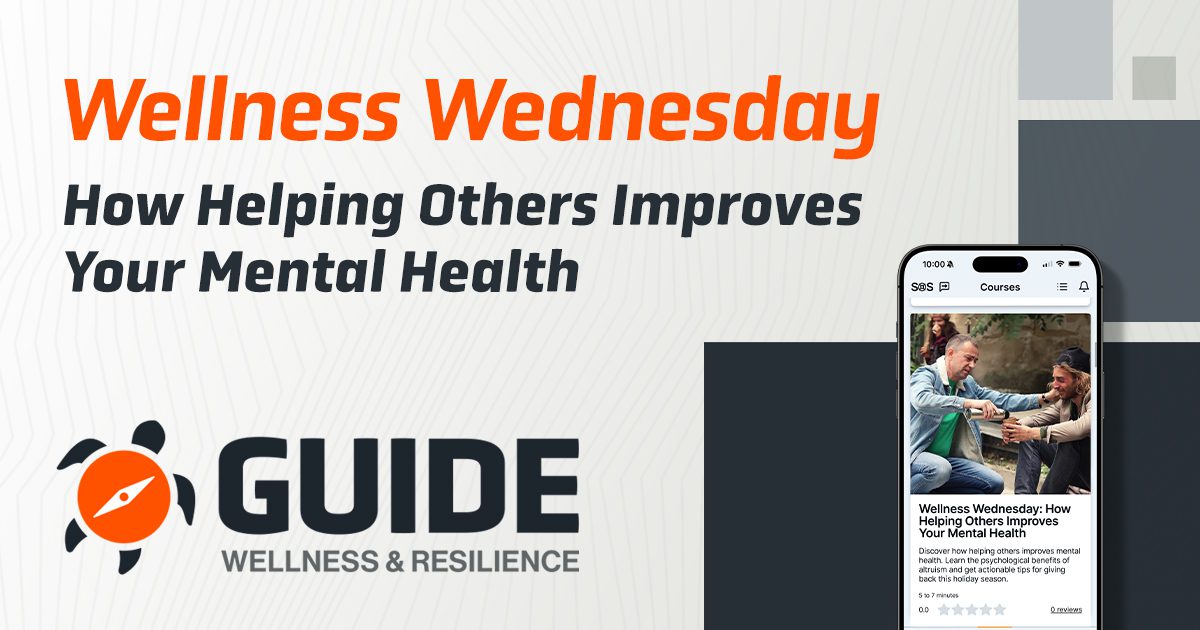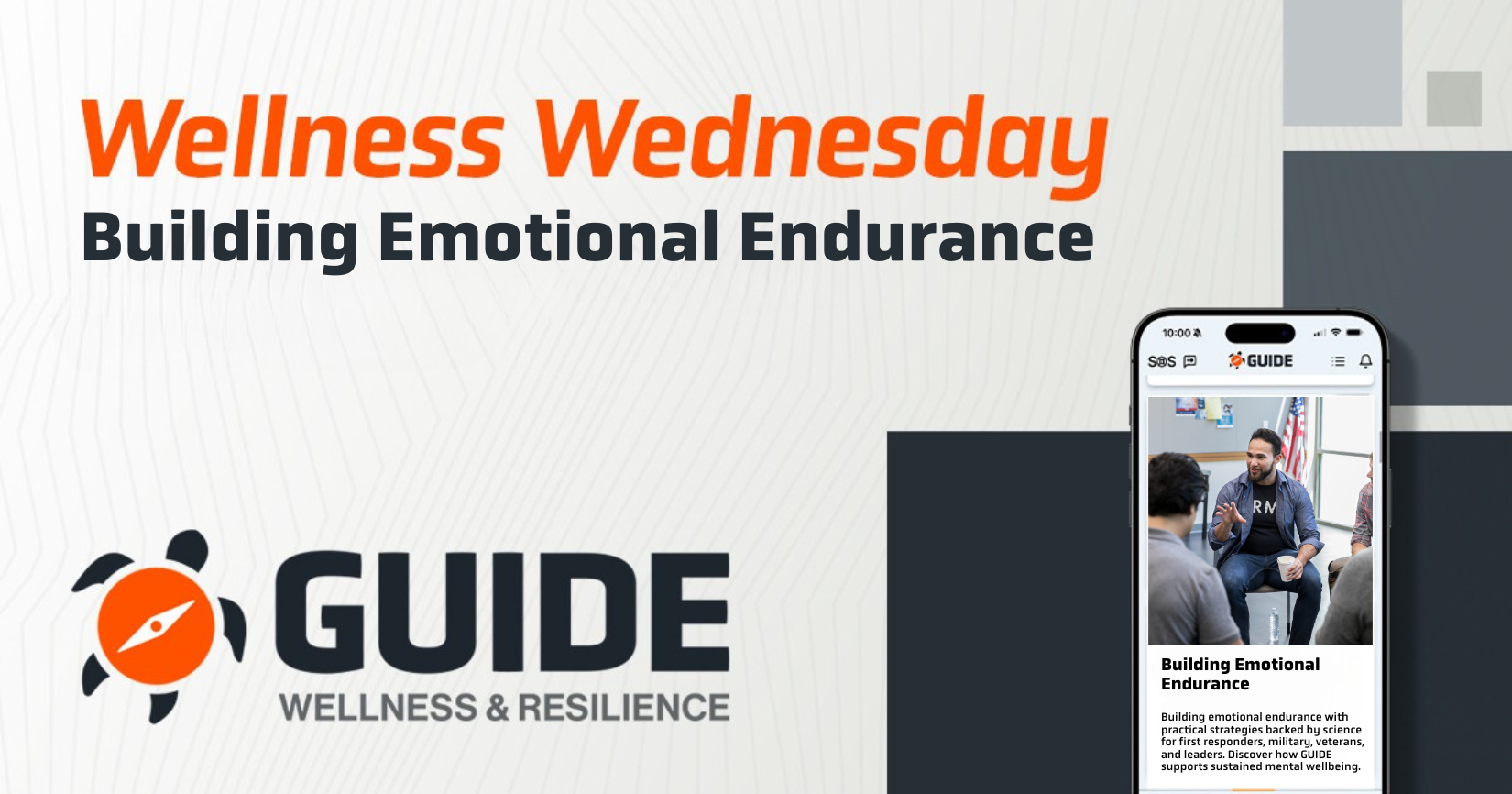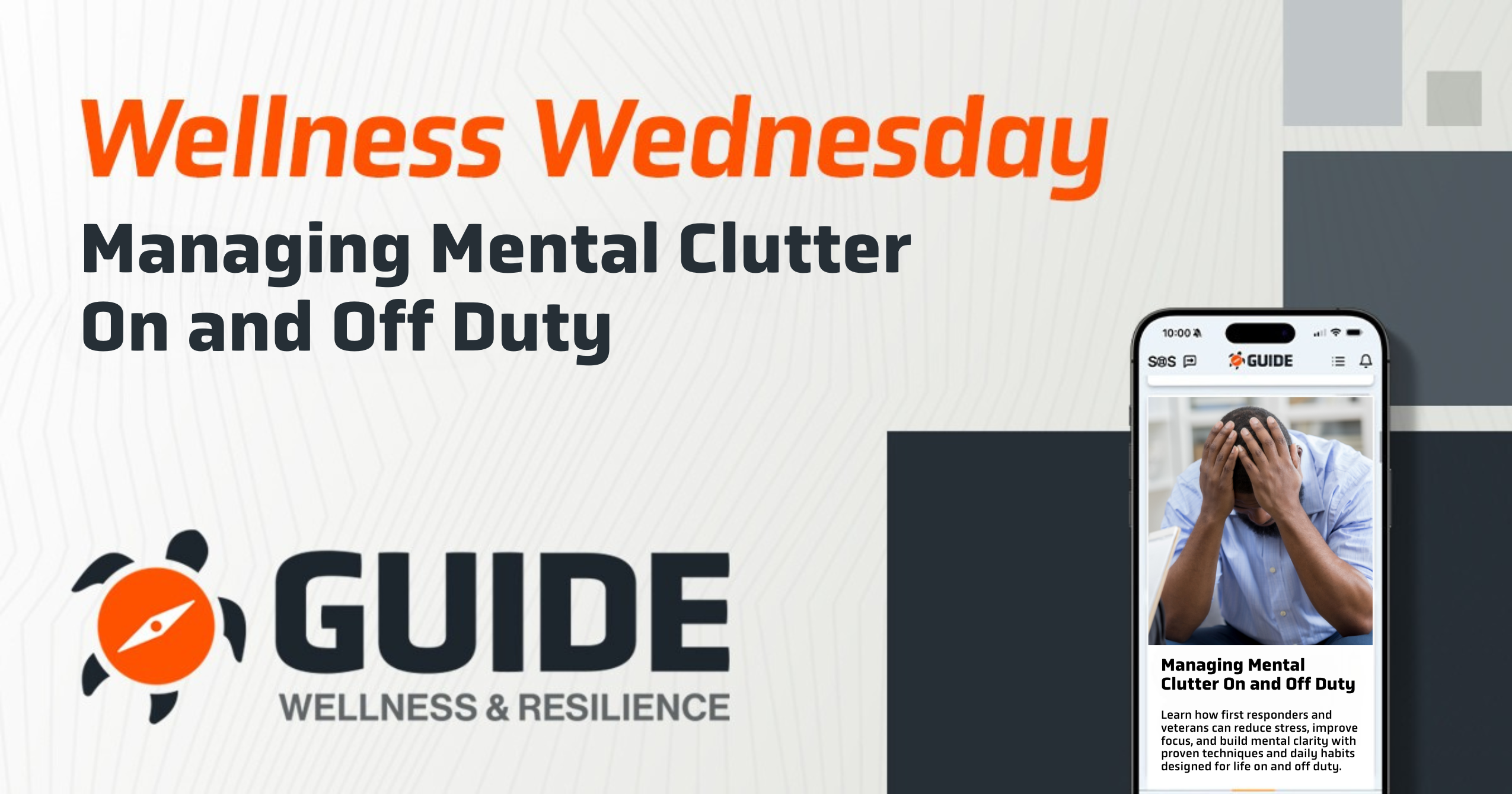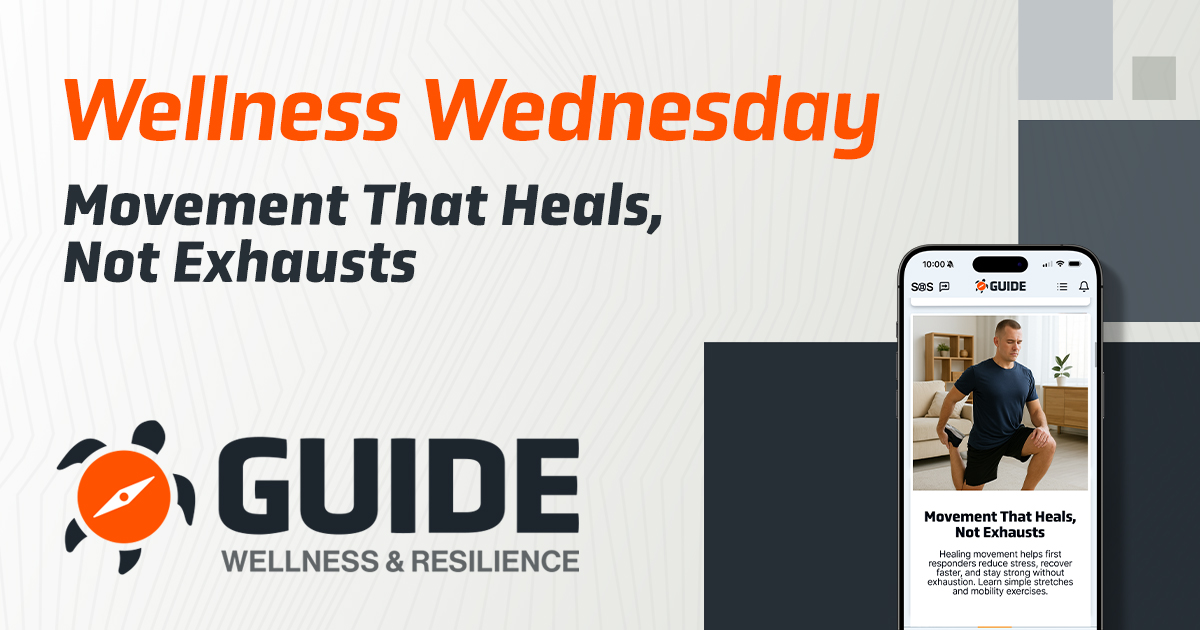When was the last time you extended a helping hand to someone in need? Whether it was volunteering at a local food pantry, assisting a coworker, or even offering a kind word to a friend, these acts of kindness likely left you with a warm, rewarding feeling. The truth is, helping others doesn’t just benefit the recipient—it can have profound positive effects on your own mental health. During the holiday season, when the spirit of giving is at its peak, there’s no better time to reflect on how altruism can boost your well-being.
The Psychological Benefits of Helping Others
Engaging in acts of kindness or volunteering has a ripple effect on your mental health. Research has shown that people who regularly help others experience a range of psychological benefits, including:
1. Reduced Stress Levels
Helping others activates the brain’s reward system, releasing feel-good chemicals like dopamine and serotonin. These chemicals help reduce stress and promote relaxation, creating a calming effect similar to meditation or exercise.
2. Increased Happiness
Studies have found that altruistic behaviors stimulate the same areas of the brain associated with happiness. When you help others, you often feel a sense of accomplishment and purpose, which can significantly elevate your mood.
3. Boosted Self-Esteem
Helping someone in need fosters a sense of pride and worthiness. This is especially true when your efforts directly impact someone’s life positively, reinforcing your sense of identity and value.
4. Enhanced Social Connections
Volunteering or acts of kindness often involve interacting with others, fostering social bonds. These connections help combat feelings of loneliness and create a sense of belonging.
5. Reduced Symptoms of Depression
Engaging in altruistic activities has been linked to lower levels of depression and anxiety. Focusing on others can help shift attention away from personal worries and create a sense of optimism and gratitude.
The Science Behind Altruism and Mental Health
The connection between altruism and mental health is more than anecdotal; it’s deeply rooted in neuroscience and psychology. When you engage in selfless acts:
- Oxytocin Levels Rise: Known as the “bonding hormone,” oxytocin promotes feelings of trust and connection, reducing stress and enhancing emotional well-being.
- Cortisol Levels Drop: Acts of kindness can lower the body’s stress hormone, helping to regulate blood pressure and improve overall health.
- Neuroplasticity Is Boosted: Helping others stimulates areas of the brain responsible for empathy and problem-solving, which improves emotional resilience over time.
Ideas for Giving Back During the Holiday Season
The holidays are a perfect time to engage in altruism, as many people and organizations could use extra support. Here are actionable ways to give back this season:
1. Volunteer at Local Charities
Find food banks, homeless shelters, or holiday toy drives in your community and offer your time. Even a few hours can make a big difference.
2. Organize a Donation Drive
Rally friends, family, or coworkers to collect clothing, non-perishable foods, or toys to donate to those in need.
3. Spread Joy in Small Ways
Acts of kindness don’t have to be grand. Shovel a neighbor’s driveway, pay for someone’s coffee, or send a heartfelt note to a friend.
4. Visit Elderly Neighbors or Nursing Homes
Many seniors experience loneliness during the holidays. Spending time with them can brighten their day—and yours.
5. Support First Responders
If you’re in a position to do so, show appreciation for first responders who are often away from their families during the holidays. A small token of gratitude or a kind gesture can mean the world to them.
6. Mentor Someone
Offer your guidance and knowledge to someone just starting in your field or a young person in need of direction. Sharing your expertise can be incredibly fulfilling.
7. Adopt a Family for the Holidays
Many organizations pair donors with families who need extra help during the holidays. You can provide gifts, groceries, or other essentials.
How to Incorporate Altruism into Everyday Life
While the holidays offer a special opportunity for giving, acts of kindness can be integrated into your daily routine year-round. Here’s how:
- Practice Micro-Altruism: Hold the door open, compliment a stranger, or lend an ear to a friend in need.
- Schedule Regular Volunteering: Dedicate one day a month to volunteer at a cause you’re passionate about.
- Create a Kindness Jar: Write down simple acts of kindness on slips of paper and draw one at random each week.
- Share Your Skills: Offer free workshops, tutoring, or services to those who could benefit from your expertise.
- Involve Your Family: Encourage children and loved ones to join you in acts of kindness to create lasting habits.
The GUIDE App: Supporting Mental Health Through Altruism
At The GUIDE App, we’re passionate about promoting resilience and mental well-being. Our platform is designed to help individuals—especially first responders, military personnel, and other frontline workers—maintain their emotional health through evidence-based practices. Altruism is a key component of mental wellness, and The GUIDE App offers tools and resources to help you incorporate giving back into your daily life.
- Mindfulness Practices: Learn to stay present and cultivate gratitude, which enhances the impact of altruistic actions.
- Community Connections: Engage with others in meaningful ways through our peer-support features.
- Goal Setting: Use our app to set and track personal goals related to volunteering and giving back.
By building resilience through acts of kindness, you can improve your own mental health while positively impacting those around you.
Help Others Improves Your Mental Health
Helping others is a powerful tool for enhancing mental health, especially during the holiday season. Whether through volunteering, small acts of kindness, or community engagement, giving back allows you to create meaningful connections and foster a sense of purpose. Remember, even the smallest act of kindness can have a ripple effect, spreading positivity and hope to those who need it most.
If you’re ready to prioritize your well-being and explore how altruism can transform your life, The GUIDE App is here to support you. Together, we can build stronger, healthier communities—one act of kindness at a time.




